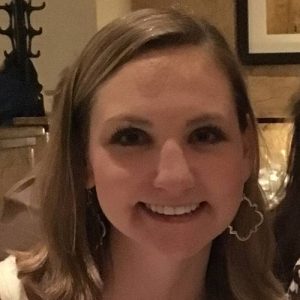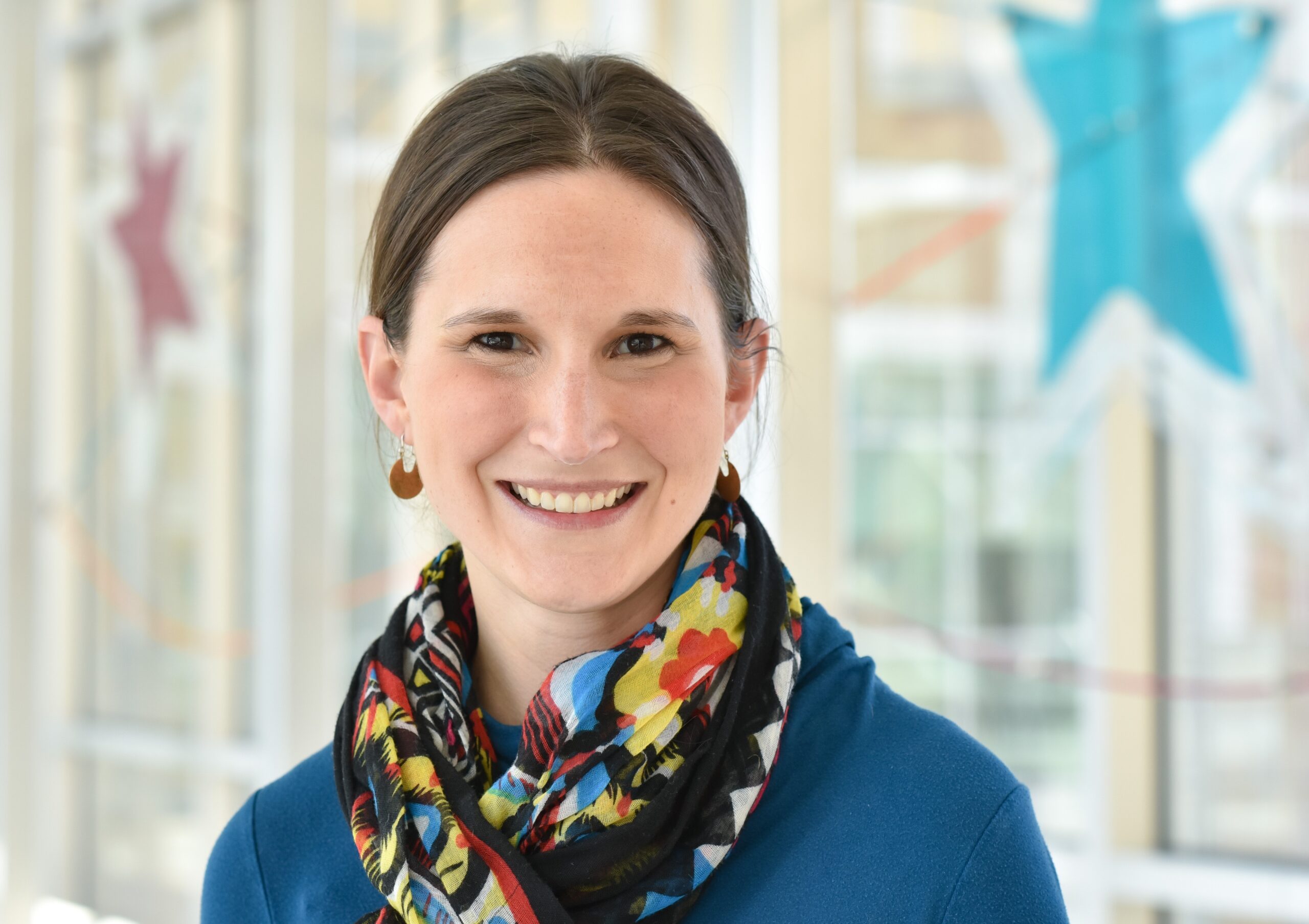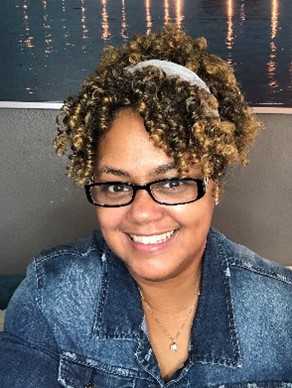Type of Sarcoma: Ewing’s Sarcoma
Date of Diagnosis: 2010
Location: leg
All of Rein in Sarcoma’s “Sarcoma Scholars” begin their year with a desire to learn more about sarcoma and teach others what they have learned. As a Ewing’s Sarcoma survivor, Maggie Cupit-Link was been able to convey her sarcoma journey uniquely as she served as a 2015-2016 RIS Sarcoma Scholar at the Mayo Clinic School of Medicine. She related her story first hand both at a Rein in Sarcoma donor dinner and directly to her Mayo Clinic Medical School classmates.
Diagnosed with Ewing’s sarcoma at the end of her freshman year of college, now a third-year Mayo Clinic School of Medicine student, Maggie was uprooted from her life and began a year-long journey filled with pain, fear, resentment and doubt as her care team at St. Jude Children’s Research Hospital worked to treat her cancer.
It’s a journey that filled Maggie with a sometimes toxic combination of emotions and internal questions about what she’d done to deserve such a fate. “If there was a God,” she often wondered as she lay vomiting uncontrollably from the side effects of chemotherapy treatments, “how could he or she allow such suffering?” Not only to her, but to anyone. Finding an acceptable answer to that question — and coming to terms with it — wasn’t easy for Maggie, who spoke with passion of her sarcoma journey at that RIS Donor dinner in 2016. More recently Maggie detailed the physical, emotional, and spiritual ups and downs in a “Spirituality Grand Rounds” presentation at Mayo Clinic’s Rochester campus titled, “Why God? Suffering Through Cancer into Faith.”
For nearly 60 minutes, Maggie shared it all, sometimes in emotional detail. She talked about how as a freshman at Rhodes College in Memphis, Tennessee, she’d finally felt like she’d found a place where she belonged, and how cancer took all of that away. She talked about how her growing anger and resentment toward her own Catholic faith became so strong that her mother made her sit down with a chaplain. And how that chaplain, after listening to Maggie vent her frustrations, told her it was OK to feel that way. “Getting that kind of permission, especially from a preacher,” Maggie told those who gathered to hear her speak, “was liberating.”
It also helped her to, over time, look for and find evidence of a higher spiritual power in increasingly complicated places. Like in her doctor at St. Jude, who “instead of building walls to protect himself, built relationships” and “allowed himself to get close to his patients.” And in another member of her care team who brought in Christmas decorations from home when Maggie was unexpectedly hospitalized over the holidays. And in the other young patients at St. Jude who had become close friends and helped each other cope. Especially the young boy named Odie who, during what would end up being their last conversation together, told Maggie, “having cancer was worth it, because I got to meet you.”
Maggie ended her recent presentation by saying that for everything cancer has taken from her, it’s given her something much more valuable in return: A new perspective on suffering and spirituality. “The implications of this are huge when I think about my future patients,” she said. “As caregivers, we are given opportunities not only to tend to patients’ medical needs, but also to tend to their spiritual needs. … Suffering from illness cannot quench the spirit, not when we as health care providers give ourselves in love to our patients.”
You can read more about Maggie’s cancer journey and how it’s helped shape her into the physician she ultimately wants to become in her book with the same title as her Rein in Sarcoma and Mayo Grand Rounds presentation. Click here for a PDF of the full Grand Rounds presentation. We here at Rein in Sarcoma look forward to watching how Maggie uses what she learned from sarcoma to help patients with all kinds of cancer as she pursues her career. We wish Maggie a long and healthy life of helping others.
Credit: This story draws heavily on an article that originally appeared in In the Loop, an e-newsletter and blog published by Mayo Clinic. (RIS specific references added)



